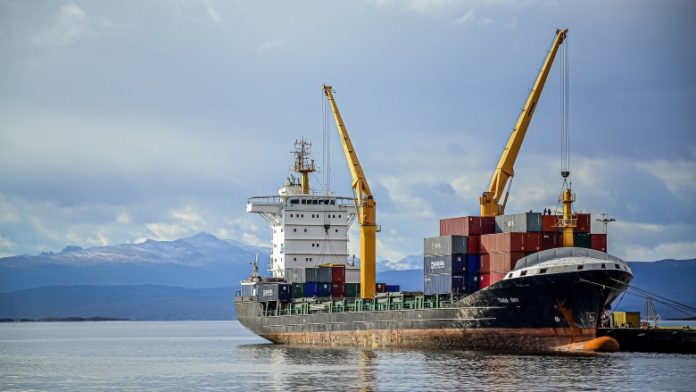Recent media reports have focused on allegedly poor working conditions at Turkish shipyards. The law firm Wikborg Rein reminds Norwegian shipowners who are contracting with foreign yards to be prepared to disclose what they are doing to ensure decent working conditions.
Disclosing such information is required under the Norwegian Transparency Act, which entered into force on 1 July 2022.
In this article, Gard shares some of the advice given by the law firm Wikborg Rein in their recent update on the topic.
Bad working conditions
According to recent media reports, more than 100 Norwegian ferries and other vessels have been built in Turkey over the last ten years. The costs of building vessels at Turkish yards are significantly lower than at Norwegian yards, and Turkish union leaders and yard employees have been raising concerns about bad working conditions and low wages. Norwegian labor spokespersons have also criticized the health, safety and environment culture at Turkish yards.
Due diligence
The goal of the Norwegian Transparency Act is to promote companies’ respect for fundamental human rights and decent working conditions and to ensure that the public can get access to information about what companies are doing in these areas. The Act applies to “larger companies”, and Norwegian shipowners contracting with foreign shipyards will typically belong to this group. Consequently, they are obliged to carry out human rights due diligence in accordance with the OECD Guidelines for Multinational Enterprises. This means that they must assess whether they have any negative impact on people’s basic rights, consider which impact is the most severe, and implement suitable follow-up measures.
Generally, and in light of the risk that many foreign shipyards may represent, it is necessary to follow up with them quite closely before and during the building period. Relevant measures that shipowners should consider include:
• Before entering into the business relationship, conduct background checks of the potential shipyard to identify and mitigate any risks relating to human rights and decent working conditions.
• Incorporate necessary contractual terms into the shipbuilding contract relating to human rights and decent working conditions, including granting shipowners access to relevant information and documentation, and a right to conduct proper due diligence. This should include a right to conduct site visits or audits to review the working conditions of the workers at the yard.
• Ensure that such contractual terms also extend to sub-suppliers.
• Given that workers are reported to receive very low daily wages, include measures to promote that workers receive a living wage for the work they conduct.
• Consider whether any of the shipowners’ commercial demands could lead to a negative impact on human rights or decent working conditions, e.g. by setting unreasonably short deadlines for delivery.
Time to review
According to the Transparency Act, an account of the due diligence must be published within 30 June each year. The purpose is to ensure public access to information, so the report must be made easily available on the shipowners’ webpages.
It is worth noting that the Norwegian Consumer Authority, through their controls relating to the Transparency Act, has found that several Transparency Act reports lack information about actual adverse impacts identified through the companies’ human rights due diligence. The Transparency Act section 5 specifically requires companies to include information about actual adverse impacts and significant risks that they have identified.
In light of the recent news articles referred to above, shipowners should pay particular attention to how they address issues relating to human rights and decent working conditions at relevant shipyards in the next version of their Transparency Act reports.
Gard guidance
Gard has its own sustainability and ESG principles that we use when dealing with shipyards and damage repairs. We have also developed internal guidelines to help assess the suitability of selected yards and can propose shipyard questionnaires that our Members and clients can use when contracting or considering various repair yard suppliers.
Gard also publishes our own annual Human Rights Due Diligence report, in accordance with the Transparency Act. Our report from 2022 can be accessed here; the 2023 report will be published shortly.
Source: Hellenic Shipping News






